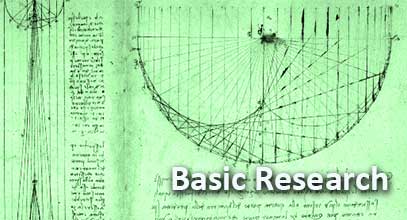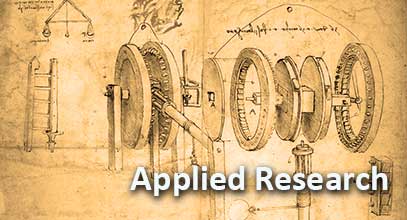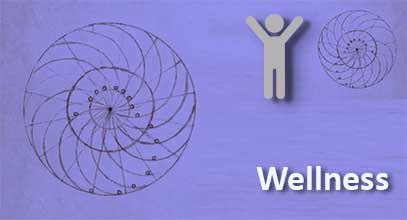Home
29 August 2024
Dr. Michael James Winkelman's comprehensive review paper, "Neurophenomenology and Neuroepistemology Approaches to Integrating Constructivist, Perennialist, and Universalist Perspectives on Mystical Experiences," features BM-Science researchers Drs. Fingelkurts’ Three-Dimensional Construct Model for Complex Experiential Selfhood in relation to the altered states of Selfhood.
1 July 2024
BM-Science researchers Drs. Fingelkurts’ Operational Architectonics Theory of Brain and Mind Functioning is featured in Dr. Robert Lawrence Kuhn's most recent, most comprehensive article, "A Landscape of Consciousness: Toward a Taxonomy of Explanations and Implications," which categorizes all contemporary theories of consciousness. The theory appears in the section titled "Electromagnetic field theories".



